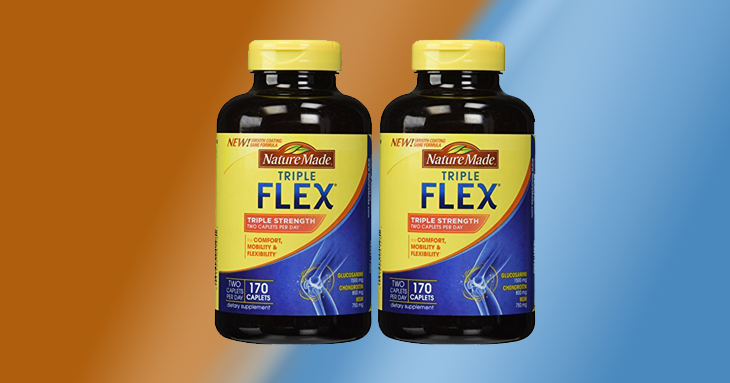
Ad Watchdog TINA.org Objects to Unfair Class Action Settlement
Lawyers To Pocket $4 Million in Glucosamine Deal MADISON, CONN. Nov. 15, 2017 – Continuing its efforts to fight for settlements that are fair to consumers and mandate real changes…
TINA.org Urges Better Screening
MADISON, CONN., January 19, 2016 – Consumer advocacy organization, truthinadvertising.org (TINA.org), has put major broadcast networks on notice regarding deceptive advertising. The ad watchdog alerted ABC, NBC, Turner Broadcasting (CNN & HLN), Fox Broadcasting, and The Weather Channel, to the airing of deceptive ads for Prevagen, an alleged brain supplement purported to be clinically proven to improve memory in 90 days and the subject of a TINA.org complaint to the FTC.
The ads for Prevagen, which contains a synthetically-made protein based on bioluminescent jellyfish, have aired thousands of times nationwide and have helped Quincy Bioscience sell over 2 million bottles since the product’s launch in 2007. A TINA.org investigation found that the company does not have the required scientific evidence to support its improved memory claims. The watchdog sent Quincy a warning letter before filing a formal complaint with the FTC in September.
Quincy’s deceptive claims constitute clear violations of each network’s advertising guidelines, all of which profess a commitment to truthful advertising. For example, ABC states that its policy is “to present advertising that is truthful, tasteful, and not misleading or deceptive.”
“We trust that now that the networks have been made aware of the issue, they will initiate a review and vet ads more carefully in the future to protect their viewers from deceptive advertising,” said TINA.org Executive Director Bonnie Patten.
TINA.org also sent a letter to the BBB calling on the organization to re-evaluate Quincy’s A+ rating.
The memory supplement industry has faced increased scrutiny since the heads of the Senate’s Special Committee on Aging sent letters to the FDA and more than a dozen major retailers including Amazon, Target and Google, requesting information on how they safeguard consumers from dubious brain products. More recently, the subscription brain-game website Lumosity was ordered to pay $2 million back to customers to settle federal charges it deceived consumers with unfounded claims that its games could improve mental performance.
For more on TINA.org’s notice to networks, see: https://truthinadvertising.org/tina-org-alerts-major-tv-networks/
If you are a member of the media looking to contact us, please email us at: [email protected]
Lawyers To Pocket $4 Million in Glucosamine Deal MADISON, CONN. Nov. 15, 2017 – Continuing its efforts to fight for settlements that are fair to consumers and mandate real changes…
MADISON, CONN. August 23, 2017 – With Goop, actress-turned-entrepreneur Gwyneth Paltrow has created a wellness empire based on unconventional products such as yoni eggs, Shaman-inspired medicine bags, and crystal therapy…
MADISON, CONN. December 16, 2016 – Vemma Nutrition, an Arizona-based multi-level marketing (MLM) company that the Federal Trade Commission labeled a pyramid scheme in a lawsuit filed last year, has…

